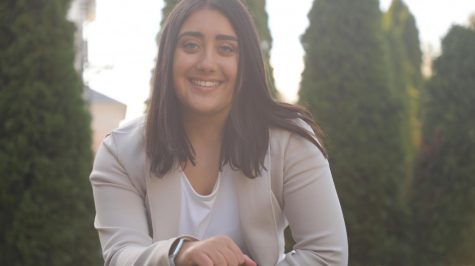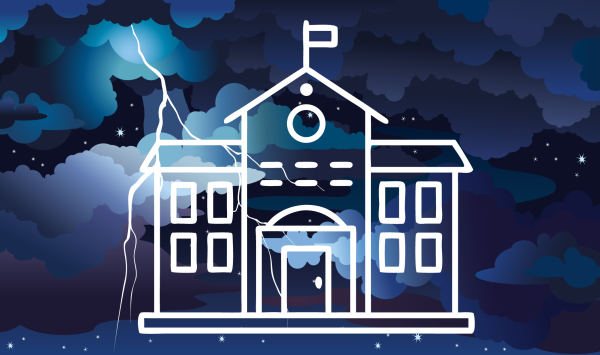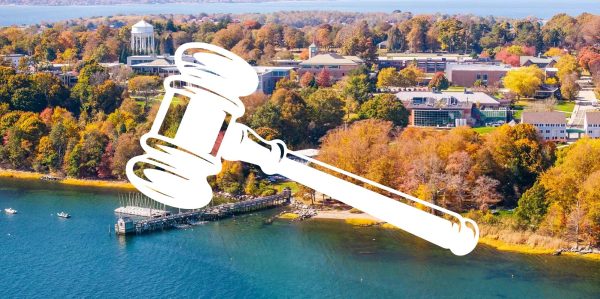University announces new yearlong series
“Hidden Truths: Stories of Race and Place” addresses marginalized local stories
Last week, the university announced a new yearlong series that will delve into often untold stories about the history of the town of Bristol and surrounding areas. “Hidden Truths: Stories of Race and Place” will consist of faculty-led discussions through the fall and spring semesters regarding topics like slave trade in Rhode Island, racial disparities in public health, immigration history and policy and anti-Black racism in America.
On Sept. 16, Honors Program Director and Associate Professor of Anthropology Jeremy Campbell presented the first lecture of the series, entitled “Decolonizing Sowams: Resisting the Erasure of Indigenous Lives in the East Bay of Rhode Island.” To date, Campbell and 35 of his students have been working on an oral history project with members of the Pokanoket community, working alongside tribe members to tell the stories of what the Pokanoket have been forced to endure over time as inhabitants of Bristol. His lecture explored this deep history.
“We’re trying to bring these vital and urgent stories out of our classes but also do so in a very careful and thoughtful way where we build solidarity and build networks of community,” Campbell said.
The series stems partly from an effort to bring content from RWU’s classes out into the broader public sphere. Campbell said there has also been a more recent effort to hold white faculty to account to do racial and social justice work on campus, and not have the task fall disproportionately on faculty of color.
“We can’t as white faculty go to the sidelines while the university says we’re committed to this and let’s cue a faculty of color who will tell us why this is all important,” Campbell said. “No. It’s important because it’s important and if it’s important, then it’s important to the entire community, and we need to demonstrate and model that.”
Campbell said sharing these stories can lead to different ways of community making, ways to honor history and acknowledge present struggle. The series can also engage the campus community on broader structures that have led to the problems of today.
“We’re living it now so that means it started somewhere,” Campbell said. “It offers us the clues whereby we can start to create different types of structures and different sorts of communities.”
In the past, the university has received criticism of being performative when it comes to social justice work. Campbell acknowledged that criticism and said there have been steps in the right direction, such as creating the position of chief diversity officer, but said there is more work to be done when it comes to the allocation of resources on campus.
“I appreciate that criticism and I must say that I share it,” Campbell said.” I think that a lot of things that the university has done in the recent past having to do with diversity and inclusion have perhaps been steps in the right direction but have been maybe modest and ultimately performative in nature.”
Campbell thinks it is especially important for people in dominant faculty positions, such as those who hold tenure at the university, to remain involved in meaningful work and said it is overall important to show what being anti-racist can mean.
“Faculty, students, staff, we all have a role to play,” Campbell said. “It’s very important to put your money where your mouth is if you’re saying yes I’m for diversity or I am anti-racist, to show what that looks like.”






